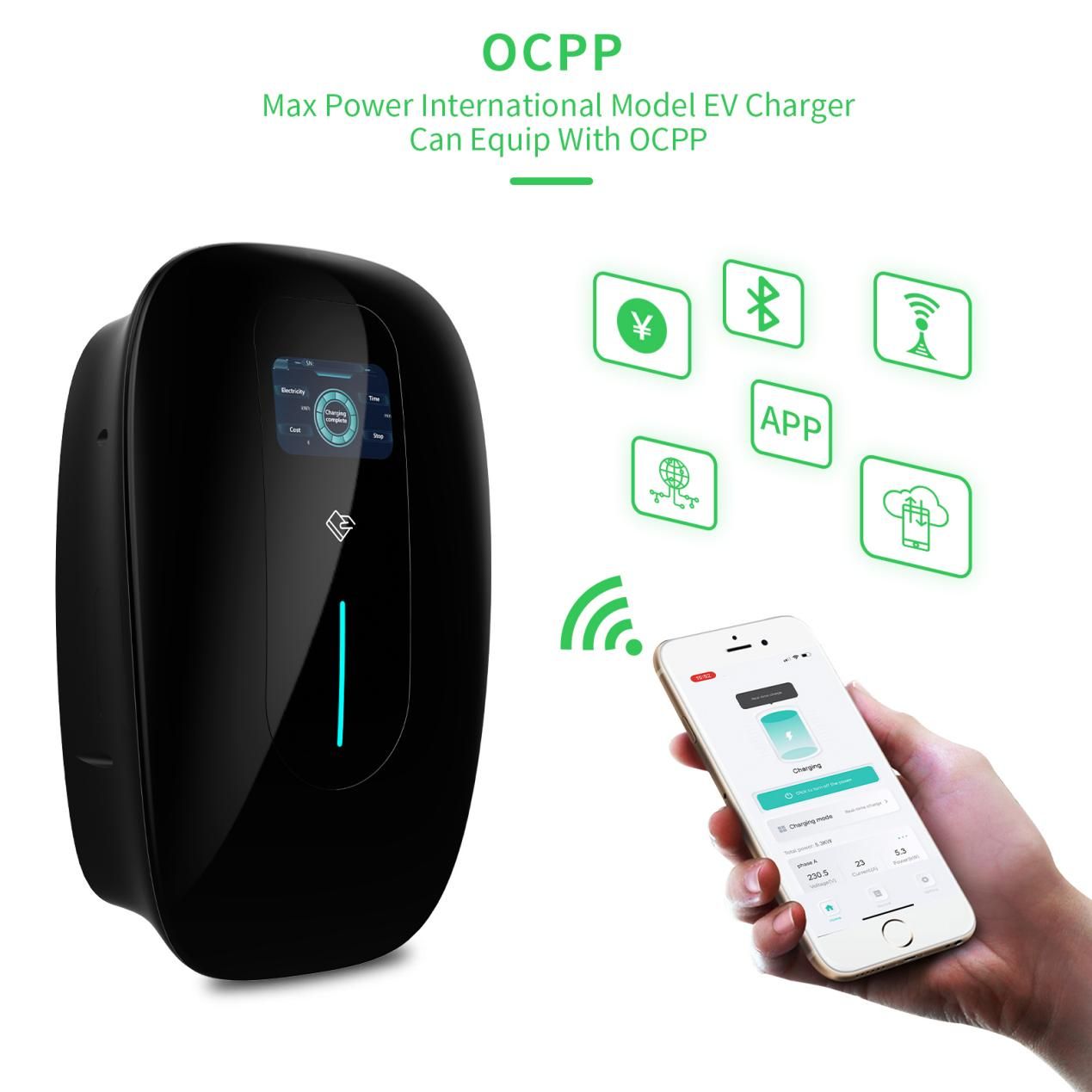The electric vehicle (EV) revolution is reshaping the automotive industry, and with it comes the need for efficient and standardized protocols to manage the charging infrastructure. One such crucial element in the world of EV charging is the Open Charge Point Protocol (OCPP). This open-source, vendor-agnostic protocol has emerged as a key player in ensuring seamless communication between charging stations and central management systems.
Understanding OCPP:
OCPP, developed by the Open Charge Alliance (OCA), is a communication protocol that standardizes the interaction between charging points and network management systems. Its open nature fosters interoperability, allowing various charging infrastructure components from different manufacturers to communicate effectively.
Key Features:
Interoperability: OCPP promotes interoperability by providing a common language for different charging infrastructure components. This means that charging stations, central management systems, and other related hardware and software can communicate seamlessly, regardless of the manufacturer.
Scalability: With the growing adoption of electric vehicles, the scalability of charging infrastructure is paramount. OCPP facilitates the integration of new charging stations into existing networks, ensuring that the charging ecosystem can expand effortlessly to meet the increasing demand.
Flexibility: OCPP supports various functionalities, such as remote management, real-time monitoring, and firmware updates. This flexibility allows operators to efficiently manage and maintain their charging infrastructure, ensuring optimal performance and reliability.
Security: Security is a top priority in any networked system, especially when it involves financial transactions. OCPP addresses this concern by incorporating robust security measures, including encryption and authentication, to safeguard the communication between charging stations and central management systems.
How OCPP Works:
The OCPP protocol follows a client-server model. Charging stations act as clients, while central management systems serve as servers. The communication between them occurs through a set of predefined messages, allowing for real-time data exchange.
Connection Initiation: The process begins with the charging station initiating a connection to the central management system.
Message Exchange: Once connected, the charging station and central management system exchange messages to perform various operations, such as starting or stopping a charging session, retrieving charging status, and updating firmware.
Heartbeat and Keep-Alive: OCPP incorporates heartbeat messages to ensure that the connection remains active. Keep-alive messages help in detecting and addressing connection issues promptly.
Future Implications:
As the electric vehicle market continues to grow, the importance of standardized communication protocols like OCPP becomes increasingly evident. This protocol not only ensures a seamless experience for EV users but also simplifies the management and maintenance of charging infrastructure for operators.
The OCPP protocol stands as a cornerstone in the world of electric vehicle charging. Its open nature, interoperability, and robust features make it a driving force behind the evolution of a reliable and efficient charging infrastructure. As we look toward a future dominated by electric mobility, the role of OCPP in shaping the charging landscape cannot be overstated.
Post time: Dec-02-2023






